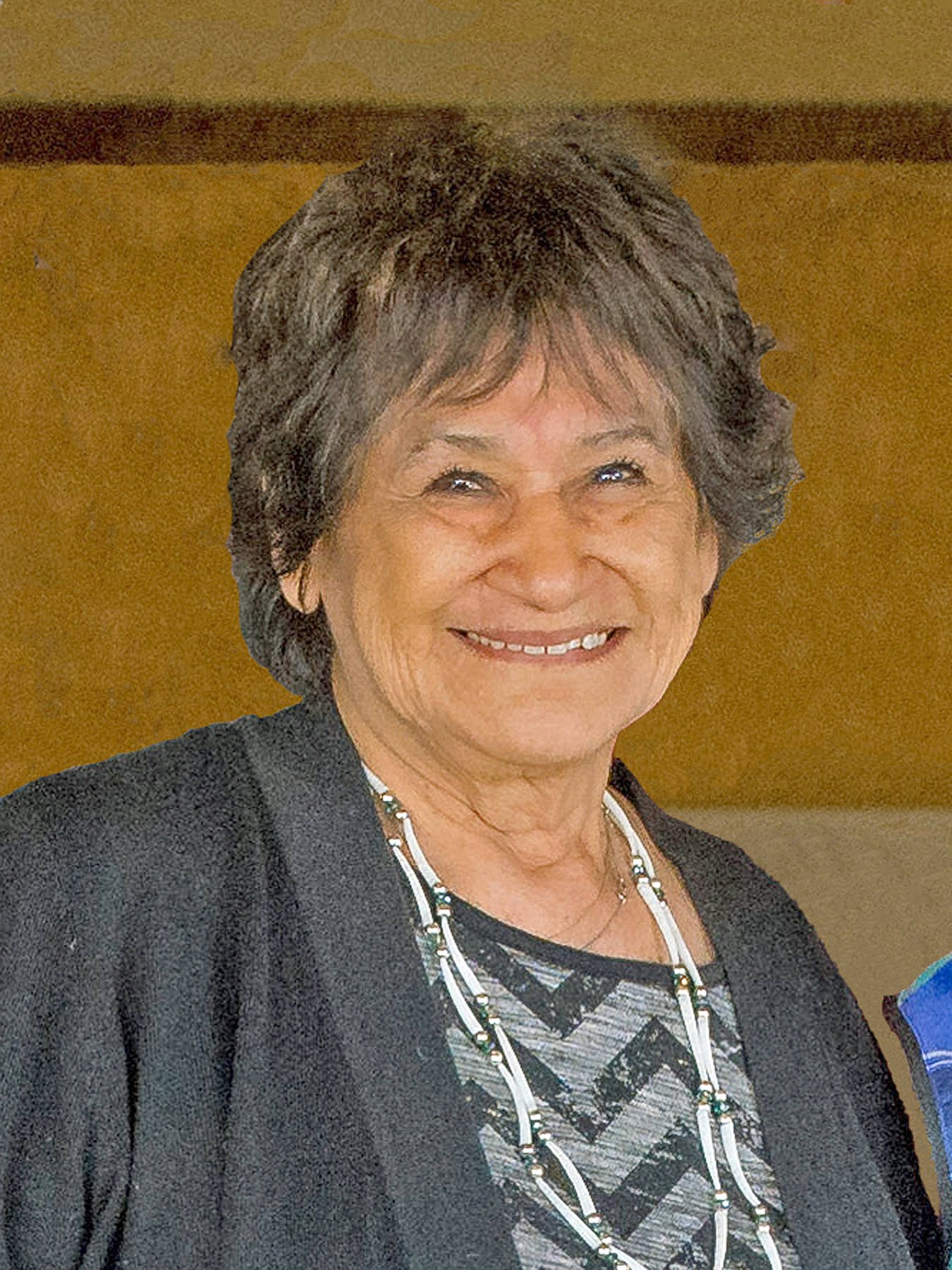The Washington Department of Fish and Wildlife (WDFW) plans to strategically release an additional 50 million chinook from its hatcheries this year to benefit starving southern resident orcas.
Opponents of the proposal argue that we must choose between having hatchery fish or having wild salmon, when the truth is, we need both.
Without hatcheries, we would have no fisheries at all. More than half of the salmon harvested in Western Washington come from hatcheries.
Things haven’t gotten better for Puget Sound chinook. Ever since 1999, they have been listed as threatened under the federal Endangered Species Act but have shown no signs of improvement. For decades, our calls to reverse habitat loss and degradation have been ignored, and now the most immediate step we can take is to produce more hatchery salmon.
WDFW proposes to increase hatchery production in conjunction with increased habitat protection and restoration for the benefit of both hatchery and wild fish. As always, hatchery programs are managed using the best available science and abiding by hatchery genetic management plans.
The fish that are the preferred food for southern resident orcas would be strategically released from hatcheries in specific areas at certain times to provide direct benefit to southern resident orcas. Chinook from south Puget Sound’s Deschutes River and Hood Canal have been tagged as two of the most important sources of chinook for orcas.
The Billy Frank Jr. Salmon Coalition strongly supports the release of more hatchery chinook to feed ailing southern resident orcas. We also support additional funding for hatchery production and updating aging facilities. The coalition includes tribal, state and local policy leaders, non-Indian fishermen, conservation groups, scientists and others.
Washington’s hatcheries originally were built to replace the natural salmon production that was lost to dams, development and other factors. Hatcheries have evolved since then to become an important part of protecting and restoring salmon stocks.
Some hatcheries provide fish for harvest while reducing harvest pressures on weak stocks. Others serve as nurseries to protect threatened salmon stocks. All are essential to salmon recovery and should be integrated into our efforts for every watershed.
Indian and non-Indian salmon harvest has been reduced 80-90 percent in the past four decades. Still, salmon have continued to decline in most places. That’s because all salmon, whether born in a hatchery or not, depend on the same habitat to survive. Unfortunately, that habitat is disappearing faster than it can be restored.
Time and again, state resources managers have failed to take the necessary action to reverse the course of salmon habitat destruction and degradation. The tribes’ State of Our Watersheds report documents the continuing extensive salmon habitat loss in western Washington. It is available at nwifc.org.
After more than 100 years since our state’s first hatchery was built, neither hatchery nor naturally spawning salmon have enough habitat to sustain their populations. We need to embrace hatcheries and the salmon they produce. We also must remember that both hatchery and wild salmon depend on good habitat for their survival. Until we can restore our degraded watersheds, hatcheries will continue to be essential to salmon recovery.
Lorraine Loomis is chair of the Northwest Indian Fisheries Commission
Talk to us
Please share your story tips by emailing editor@kentreporter.com.
To share your opinion for publication, submit a letter through our website https://www.kentreporter.com/submit-letter/. Include your name, address and daytime phone number. (We’ll only publish your name and hometown.) Please keep letters to 300 words or less.

